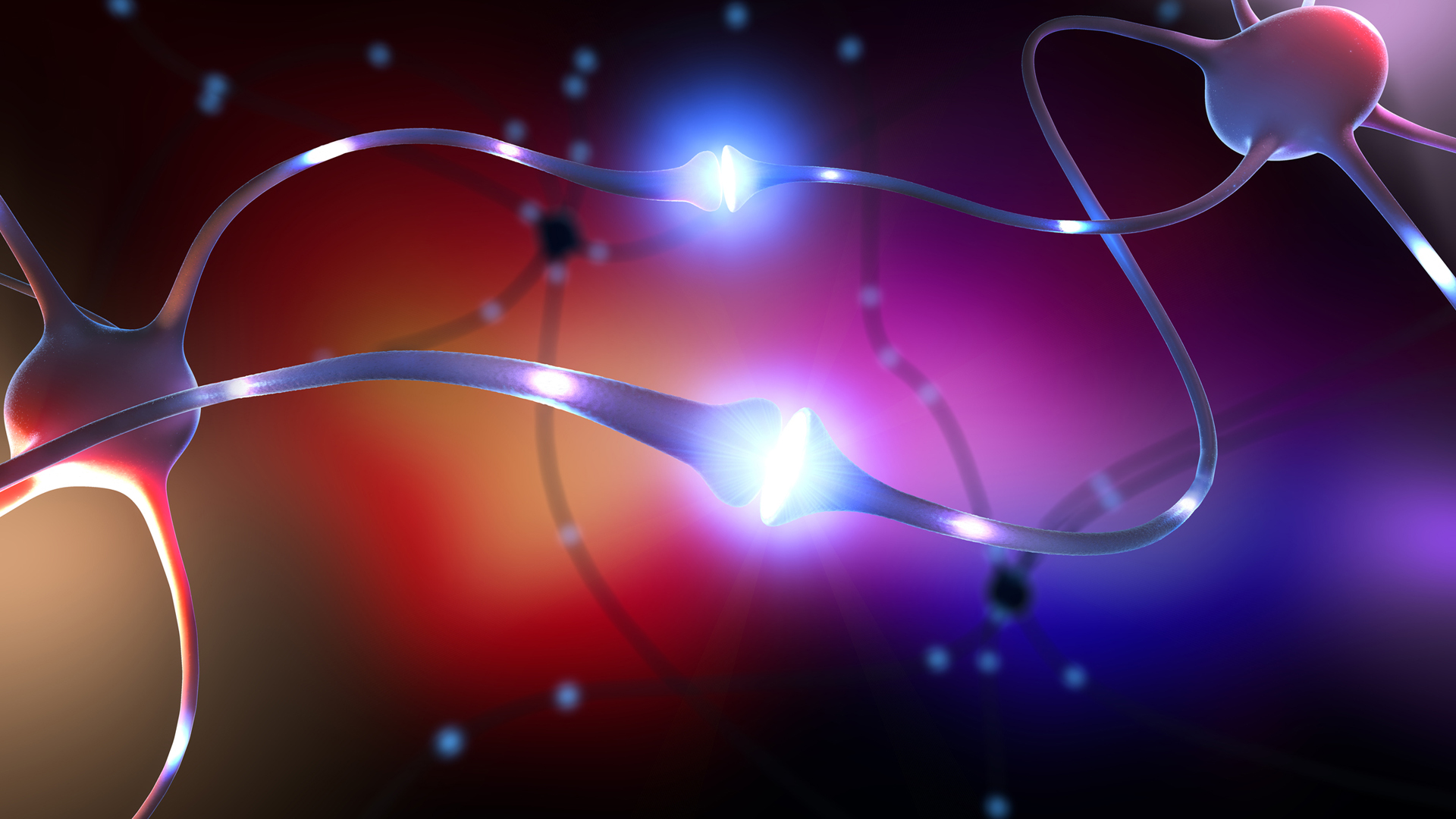Why are some people more motivated than others?
Certain chemicals in the brain may influence motivation.

Motivation is the magic sauce that helps people get things done and change behaviors. But why are some people more motivated than others?
A person's motivations, and the reasons behind them, can be as unique as a thumbprint, but there are chemical mechanisms in the brain that could impact what motivates people and how motivated they are day-to-day.
What makes people motivated?
Robert West, a psychologist and emeritus professor of behavioral science and health at University College London in England, told Live Science that different people find motivation in different areas.
"We have a huge number of things that motivate us," he said. These can range from experiences (such as pleasure, comfort, excitement or hunger) to more abstract desires like purpose or control. Social motivators can also include love, power, belonging and recognition.
"We all differ in how important each of these things are for us and have different priorities at different stages of our lives," West said.

Robert West is a professor emeritus of health psychology at University College London (UCL), England, and an associate of UCL's Centre for Behaviour Change. He is the former editor-in-chief of the journal Addiction and has published more than 900 scholarly works, including books on behavior change and addiction.
Neurotransmitters, or chemical messengers in the brain, may be responsible for differences in motivation. A 2012 study published in the Journal of Neuroscience asked people to play a math game with different levels of difficulty for a monetary reward. People more willing to play the "hard" game released higher levels of the neurotransmitter dopamine in areas of the brain related to reward and motivation, namely the striatum and ventromedial prefrontal cortex. Those who put in less effort released more dopamine in the anterior insula, an area of the brain responsible for emotion and risk perception.

"Certain chemicals in the brain such as endorphins and dopamine play a role in our experiences of desire and how our behaviors are shaped," West said. "For example, dopamine release in a part of the brain called the nucleus accumbens helps to teach us what to like and dislike, while endorphins are involved in feelings of wellbeing."
There's a misconception that dopamine is released to induce pleasure or in response to a reward, and that people release it when something satisfies them. However, a 2013 article published in the journal Neuron found that this neurotransmitter actually encourages people to act before they receive a reward. In other words, dopamine is released in order to achieve something good. Since research suggests that dopamine is released in different areas of the brain too, this could also be why different people are motivated by different things.
Dopamine levels differ between individuals, the researchers said, which could also explain why some people are more persistent than others when it comes to achieving a goal.
Can someone become more motivated?
It's possible to become more motivated by understanding something called the intention-behavior gap, said Susan Michie, a professor of health psychology and director of the Centre for Behaviour Change at University College London.
"Although a person may feel highly motivated to change, change doesn't happen," Michie told Live Science. "It is about translating the feeling into action — feeling is not enough to make things happen. A person also needs to have the skills to manage behavior and the opportunity to make it happen."

Susan Michie is a professor of health psychology and the director of the Centre for Behaviour Change at University College London, England. Her research focuses on behavior change in relation to health and the environment.
Michie said that there are ways to close the intention-behavior gap. These include making a plan, detailing exactly what, when and with whom the action needs to happen. Sharing the plan with others can inspire someone to stick to it, she said, as can doing the activity with someone or meeting someone afterwards to build social reward into the experience.
A 2011 study, published in the journal Social and Personality Psychology Compass, found that working as part of a group can motivate and improve performance in weaker members of the group, defined as people less able to complete an assigned task. The researchers thought this could be due to upward social comparisons and the belief that someone's effort is needed for the group to succeed. However it's unclear how this affected the "stronger" members of the group.
Replacing an activity with another can also help motivation, said Michie.
"If a person intends to stop doing something they enjoy, like drinking alcohol, they need to think about what they can do instead and avoid places that they associate with the behavior they are trying to stop," she said.
Sign up for the Live Science daily newsletter now
Get the world’s most fascinating discoveries delivered straight to your inbox.

Lou Mudge is a health writer based in Bath, United Kingdom for Future PLC. She holds an undergraduate degree in creative writing from Bath Spa University, and her work has appeared in Live Science, Tom's Guide, Fit & Well, Coach, T3, and Tech Radar, among others. She regularly writes about health and fitness-related topics such as air quality, gut health, diet and nutrition and the impacts these things have on our lives.
She has worked for the University of Bath on a chemistry research project and produced a short book in collaboration with the department of education at Bath Spa University.










